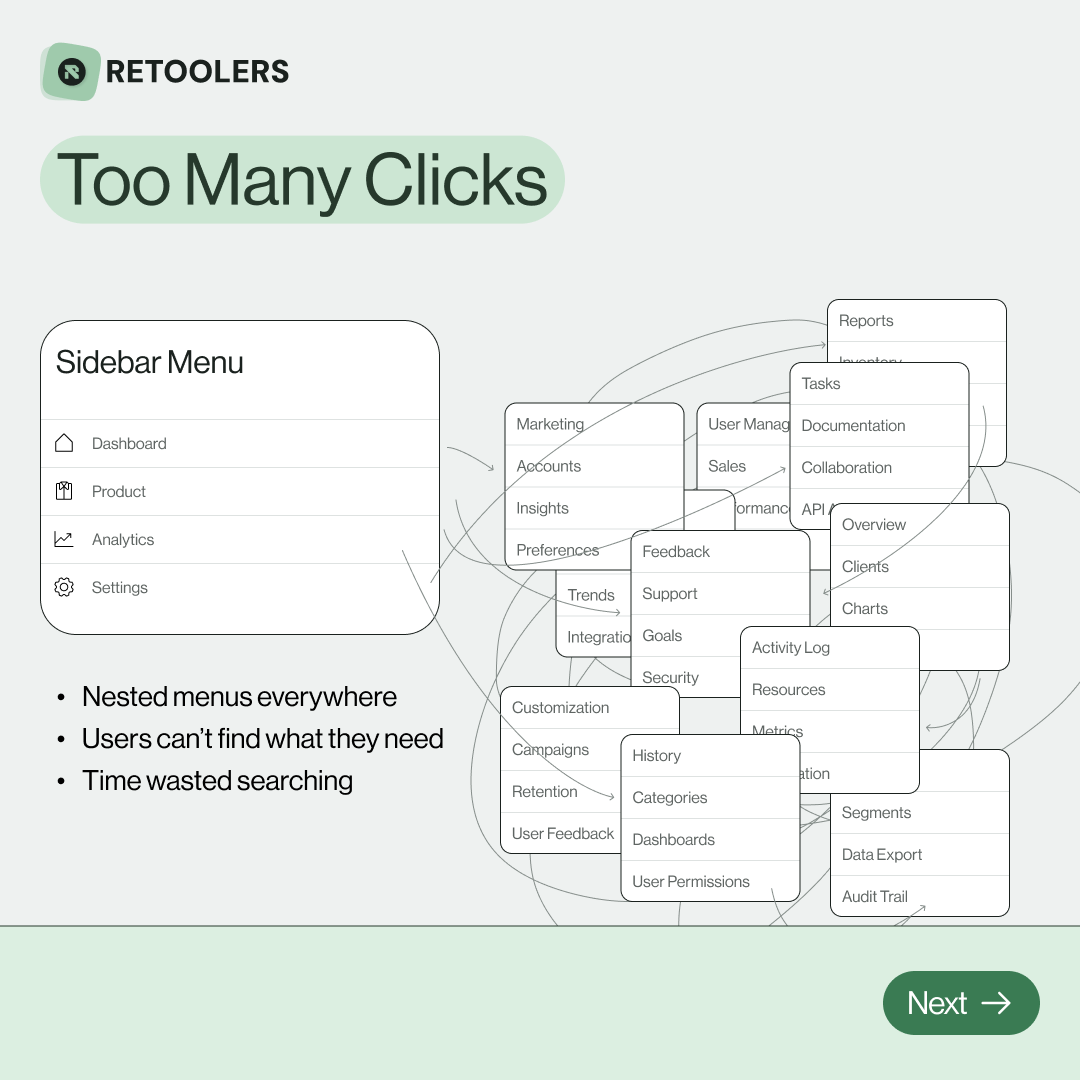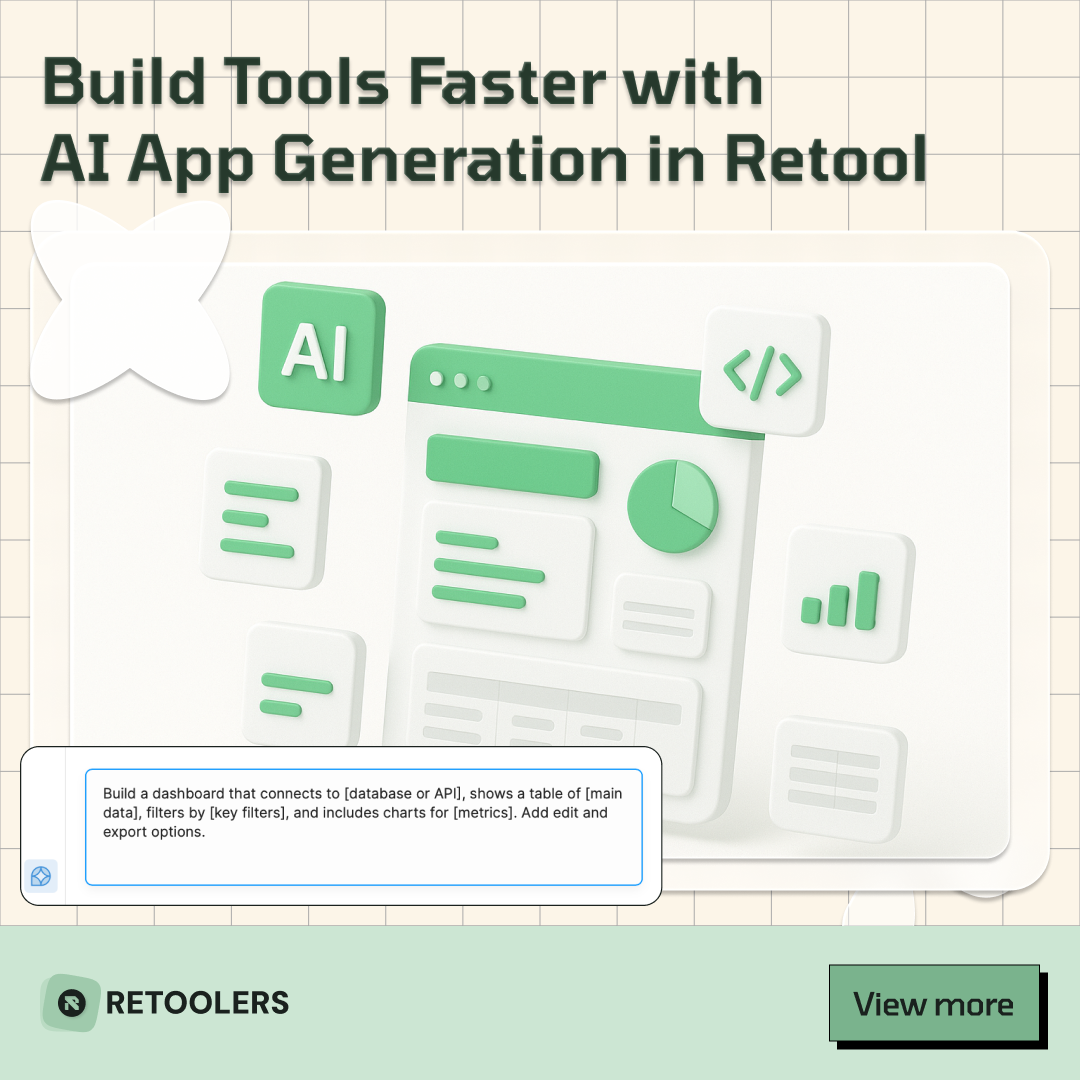Duy Vu
November 21, 2024
•
10 min read

In today's data-driven world, businesses generate and collect a ton of data every day. But raw data is only useful if it can be understood. That's where dashboards come in. A well-designed dashboard gives businesses a central place to track, analyze, and visualize key metrics, helping them make smart decisions and grow. Here's why every business should think about getting a dashboard.
Dashboards give businesses real-time visibility into their most important metrics. Whether it’s sales numbers, customer feedback, or operational performance, dashboards consolidate data into an easy-to-understand format. This allows decision-makers to quickly identify trends and address issues before they escalate.
For example, a sales manager can monitor daily revenue trends to spot declining sales in specific regions, while a customer support leader can track open tickets to ensure service levels are maintained.

Dashboards turn data into actionable insights. By showing information visually through charts, graphs, and key performance indicators (KPIs), they help businesses quickly spot areas for improvement and growth opportunities.
Picture a marketing team launching a new campaign. A dashboard can show how the campaign is doing in real time, highlighting which channels are driving the most conversions. This way, they can tweak their strategy without wasting resources.

Dashboards break down silos by providing a single source of truth. Teams from different departments can access the same data, which helps reduce misunderstandings and encourages collaboration. Imagine a marketing team, a sales team, and an operations team all working together. With a dashboard, they can all see the same information, making it easier to coordinate their efforts and work towards common goals. This not only improves communication but also fosters a more collaborative and efficient work environment.
For instance, a dashboard that integrates data from finance, HR, and operations can help leadership teams align on budgets, staffing needs, and operational goals. This shared visibility encourages accountability and ensures everyone is working toward the same objectives.

Manual reporting takes a lot of time and can be full of mistakes. Dashboards automate data collection and reporting, saving time and cutting down on errors. With automated updates, businesses don't have to sift through spreadsheets or wait for weekly reports to see how they're doing.
For example, an inventory dashboard can automatically track stock levels and notify warehouse managers when supplies are running low, preventing delays and stockouts.

Every business is unique, and dashboards can be customized to meet specific industry needs or team goals. Whether it’s a healthcare organization monitoring patient wait times, a retail store analyzing foot traffic, or a SaaS company tracking user engagement, dashboards can adapt to diverse use cases.
With tools like Retool, businesses can build tailored dashboards that integrate with their existing data sources, providing insights specific to their workflows.

As businesses grow, so do their data and reporting needs. Dashboards scale effortlessly to accommodate this growth. New KPIs, data sources, and users can be added without overhauling the entire system, ensuring the dashboard remains a valuable tool at every stage of business development.

In today’s fast-paced markets, the ability to react swiftly to changing conditions is a significant competitive advantage. Dashboards give businesses the insights they need to stay ahead of the competition. Companies that can quickly spot market trends, understand customer preferences, and identify operational bottlenecks are better positioned to adapt and succeed.

At Retoolers, we specialize in helping businesses like yours create powerful internal tools using Retool. Whether you need a custom dashboard, an admin panel, or a complete workflow automation solution, we've got the expertise to bring your ideas to life.
Get in touch with us today to see how we can help you optimize your operations with Retool. Contact Retoolers and let’s get started!
Looking to supercharge your operations? We’re masters in Retool and experts at building internal tools, dashboards, admin panels, and portals that scale with your business. Let’s turn your ideas into powerful tools that drive real impact.
Curious how we’ve done it for others? Explore our Use Cases to see real-world examples, or check out Our Work to discover how we’ve helped teams like yours streamline operations and unlock growth.

🔎 Internal tools often fail because of one simple thing: Navigation.
Too many clicks, buried menus, lost users.
We broke it down in this 4-slide carousel:
1️⃣ The problem (too many clicks)
2️⃣ The fix (clear navigation structure)
3️⃣ The Retool advantage (drag-and-drop layouts)
4️⃣ The impact (happier teams)
💡 With Retool, you can design internal tools that are easy to use, fast to build, and simple to maintain.
👉 Swipe through the carousel and see how better UX = better productivity.
📞 Ready to streamline your tools? Book a call with us at Retoolers.

🚀From idea → app in minutesBuilding internal tools used to take weeks.
Now, with AI App Generation in Retool, you can describe what you want in plain English and let AI do the heavy lifting.
At Retoolers, we help teams move faster by combining AI + Retool to create tools that actually fit their workflows.
👉 Check out our blog for the full breakdown: https://lnkd.in/gMAiqy9F
As part of our process, you’ll receive a FREE business analysis to assess your needs, followed by a FREE wireframe to visualize the solution. After that, we’ll provide you with the most accurate pricing and the best solution tailored to your business. Stay tuned—we’ll be in touch shortly!



